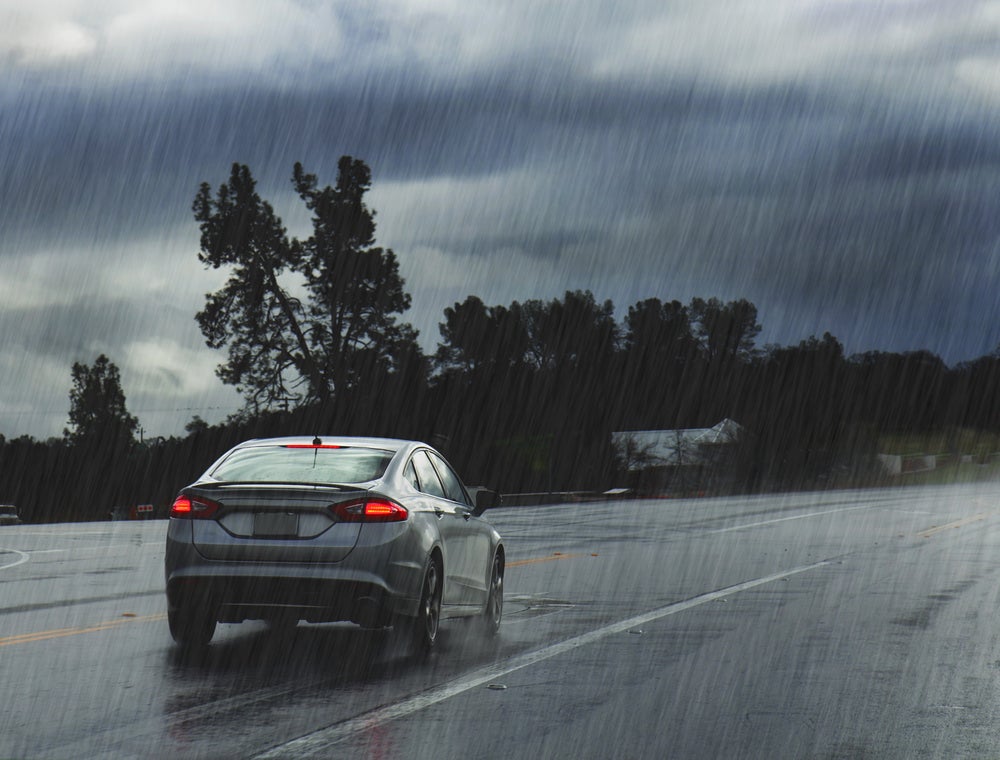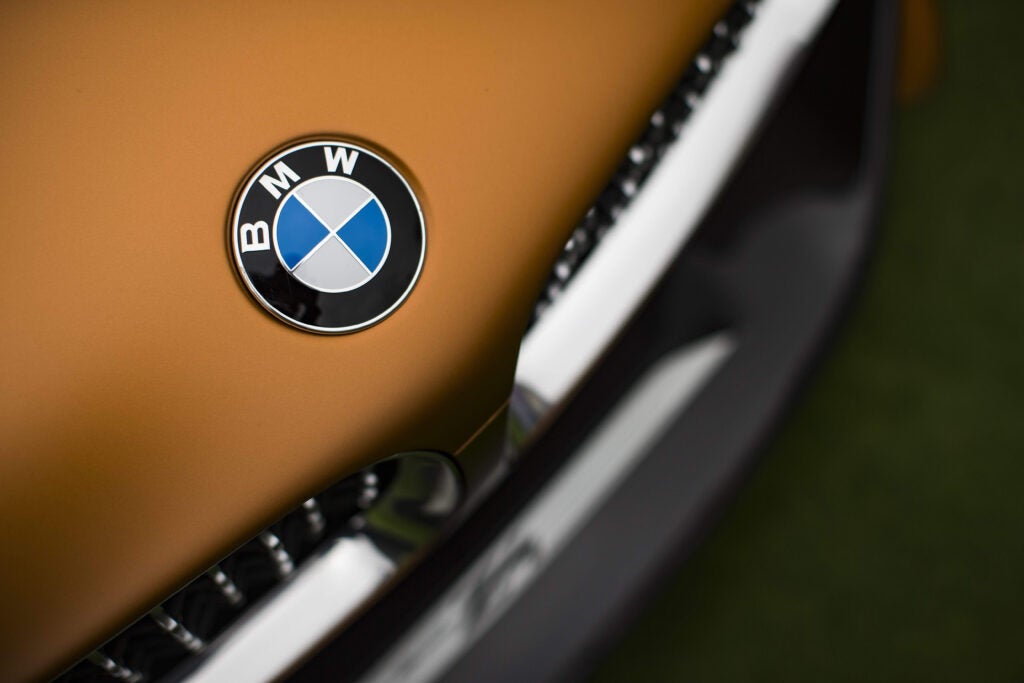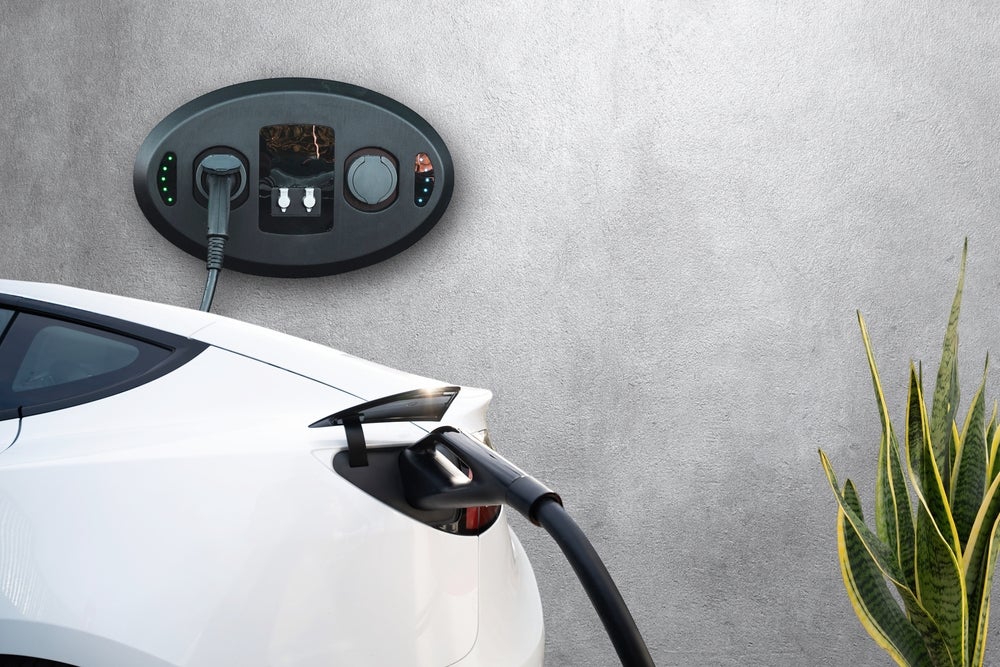
Concerns have been raised over the accuracy of stated ranges for new electric vehicles (EVs) as motorists have been warned that official tests may significantly overstate the distance these cars can travel on a single charge in real-world driving conditions.
An investigation conducted by What Car? magazine revealed a substantial shortfall of up to 38% in the range of electric vehicles, particularly in low temperatures, compared to the figures provided by manufacturers.
Editor Steve Huntingford highlighted the disparity between official testing procedures and actual driving conditions, stating that the current testing regime is “completely unrepresentative of real-world conditions.”
Under the Worldwide Harmonised Light Vehicle Test Procedure (WLTP), official analysis is conducted in laboratory settings with an ambient temperature of 23°C. Each model undergoes testing with gentle acceleration to determine the distance it can cover before the battery with 100% charge is depleted.
To provide more realistic data, What Car? conducted its own range tests on 12 electric cars. These vehicles were taken to a site in Bedfordshire, left exposed overnight in temperatures ranging from 6°C to 10°C, and driven to simulate urban stop-start conditions and motorway driving.
The investigation revealed significant discrepancies between official figures and real-world performance. For example, the Lexus UX 300e Takumi, with an official stated range of 273 miles, was found to cover only 170 miles, marking a 38% reduction.
How well do you really know your competitors?
Access the most comprehensive Company Profiles on the market, powered by GlobalData. Save hours of research. Gain competitive edge.

Thank you!
Your download email will arrive shortly
Not ready to buy yet? Download a free sample
We are confident about the unique quality of our Company Profiles. However, we want you to make the most beneficial decision for your business, so we offer a free sample that you can download by submitting the below form
By GlobalDataSimilar disparities were observed with other models, such as the Lexus RZ 450e Takumi and the Volkswagen ID 7 Pro Match, raising concerns among consumers about the accuracy of advertised range figures.
Steve Huntingford emphasised the need for a new testing system that provides more realistic and achievable range figures, particularly considering the impact of seasonal variations on electric car performance.
In response, Mike Hawes, chief executive of the Society of Motor Manufacturers and Traders, defended the current testing standards but acknowledged the differences between lab tests and real-world conditions. He stressed the ongoing efforts by car manufacturers to improve battery performance, range, and charging times to meet consumer expectations.
Despite the challenges posed by varying conditions, Hawes highlighted the growing popularity of electric vehicles in countries like Norway and Iceland, where consumers continue to embrace EV ownership despite cold weather impacts on range.







